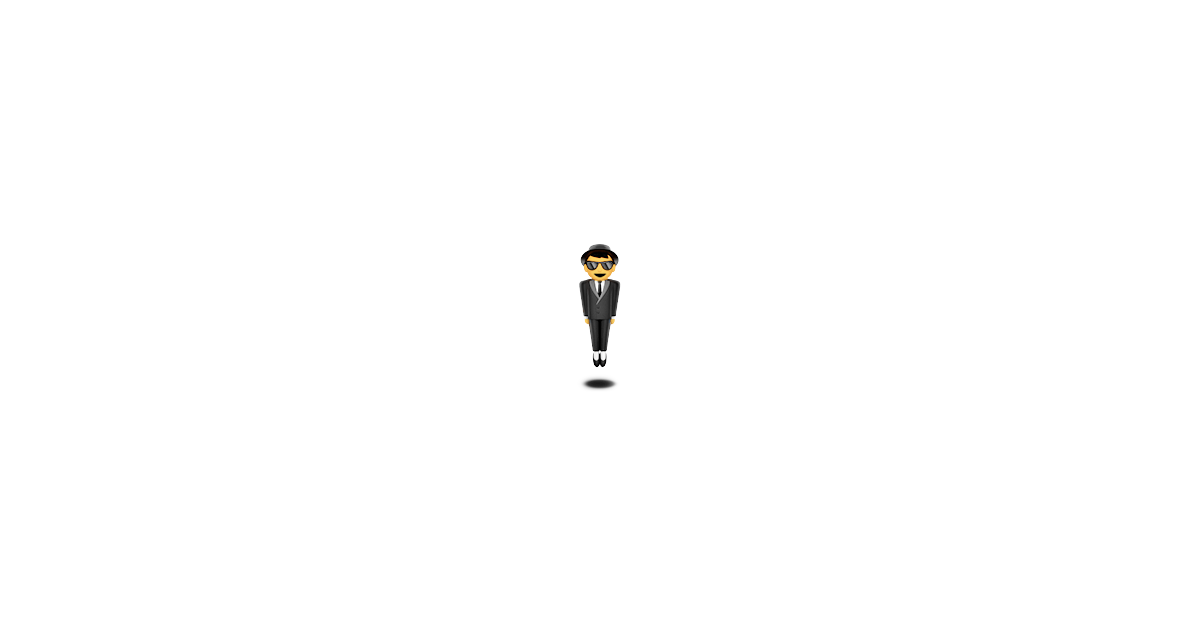In Latin America, there is a long history of poets becoming diplomats. I learned this recently through Lovely, who learned about the life of Neruda during her trip to Santiago. It is a beautiful concept – an acknowledgement of the value of well-thought words and the powerful tie between art and culture.
The same day I learned about this, I also learned about the abstract-expressionist painters who were corralled by the CIA for the culture wars against Russia. What a better deal, one might imagine – that these painters were not tasked to be actual diplomats the way that the Latin American poets are. They were not required to wear suits with lapels and to be stationed in other countries. They could simply do what they were good at, with slight (or drastic) slant toward nationhood.
I was hired as a curator as a poet, as well. It does not read as romantically in my mind as the biography of Neruda – it was more of a “gigs are running dry and I need a job” tale. Often, I wonder if I abandoned one life for the others. Despite my verbose curatorial statements and flowery keynotes, where does poetry still sit in my life? Can I still call myself a poet?
Lately, I’ve found myself in a lot of historic homes, which are meant to capture the legacy of their residents. Right now, roaming the earth without an address, I wonder what becomes of all the temporary residences? Will the legends of today be tracked by their Airbnbs and gentrifying luxury condos? How much does it matter where you laid your head, the spaces where I do the documenting but which I hardly ever document?
I don’t know why I’ve been contextualizing my self-image in the scope of the great and the famous again – they have led to some of my greatest disappointments, my most flagrant underestimations and under-appreciations of myself. After all, when we follow the hype all the way through, all the CV-building and social media output, isn’t it all to leave breadcrumbs for a legacy of greatness? Or am I just taking everything too seriously, too literally?


